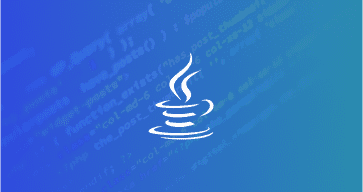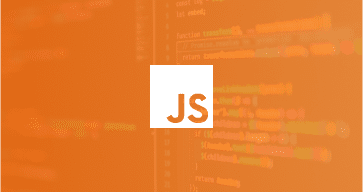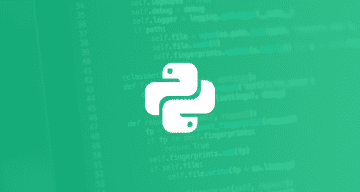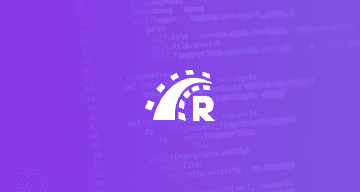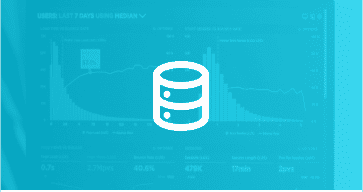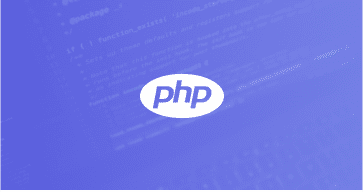Data & Analytics
BI software development is focused on empowering business users, integrating AI and ML capabilities, and embracing cloud-based solutions. These advancements are enabling organizations to harness the power of data and derive meaningful insights, driving informed decision-making and gaining a competitive edge in today’s data-driven business landscape
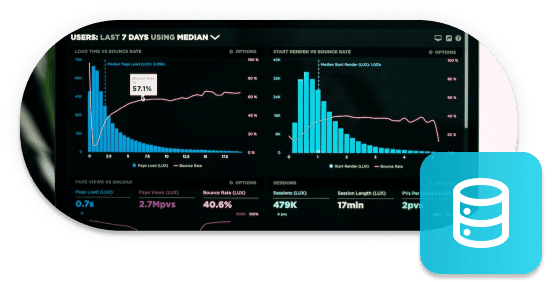
Data & Analytics
Business Intelligence (BI) software development is characterized by continuous innovation and advancements in technology. Companies are increasingly recognizing the value of data-driven decision-making, leading to a growing demand for sophisticated BI tools. One notable trend is the shift towards self-service BI, empowering business users to access and analyze data independently without relying on IT departments. This has resulted in the development of intuitive and user-friendly interfaces, enabling users to generate actionable insights and visualizations with minimal technical expertise.
Cloud-based BI solutions have gained significant traction in recent years. Cloud-based BI offers several advantages, including scalability, flexibility, and cost-effectiveness. Organizations can leverage the power of the cloud to store and process large volumes of data, enabling faster and more efficient analysis. Additionally, cloud-based BI allows for seamless collaboration and sharing of insights across teams and departments, regardless of geographical location.
Discover
We leveraging data-driven insights and analytics tools, organizations can analyze historical trends, customer behavior, and market dynamics to uncover valuable opportunities for growth and innovation.
Define
By conducting in-depth analysis and leveraging predictive modeling techniques, Unosquare can make informed decisions regarding resource allocation, project scope, and expected outcomes, ensuring that the project is aligned with strategic priorities.
Develop
We design and implement data pipelines, data warehouses, and visualization dashboards, organizations can collect, transform, and analyze relevant data in real time, enabling stakeholders to monitor project progress, identify bottlenecks, and make data-driven adjustments.
Deliver
We use advanced analytics techniques, such as regression analysis and machine learning algorithms, so our clients can assess the impact of the project, identify key performance indicators, and generate actionable insights for future decision-making.
Business Development and Analytics software development refers to the process of creating software applications that help businesses analyze data, make informed decisions, and optimize their operations. These applications are designed to collect, process, and analyze large volumes of data from various sources, providing valuable insights and supporting business growth and strategy.
Business Development and Analytics software offer several benefits, including:
Data-driven decision making: These software applications enable businesses to make decisions based on accurate and real-time data analysis, leading to better strategic planning and more informed choices.
Improved efficiency and productivity: By automating data collection, processing, and analysis, these software solutions help streamline business operations, saving time and resources.
Enhanced competitiveness: Business Development and Analytics software allow companies to gain a competitive edge by identifying market trends, customer preferences, and potential opportunities for growth.
Effective risk management: These software applications assist in identifying potential risks, predicting outcomes, and implementing risk mitigation strategies, helping businesses make proactive decisions to minimize risks.
Business Development and Analytics software often include the following key features:
Data integration: The software can connect to various data sources, such as databases, spreadsheets, and APIs, to collect and consolidate data from multiple systems.
Data visualization: These applications offer interactive and visually appealing dashboards, charts, and graphs to present data in a comprehensible format, enabling users to identify patterns and trends easily.
Predictive analytics: Business Development and Analytics software employ advanced algorithms and statistical models to forecast future trends, identify potential outcomes, and generate predictive insights.
Reporting and performance tracking: The software allows users to generate comprehensive reports, track key performance indicators (KPIs), and measure the effectiveness of business strategies, campaigns, and initiatives.
Several technologies are commonly used for Business Development and Analytics software development, including:
Programming languages: Popular languages for development include Python, R, SQL, Java, and Scala.
Database management systems: Systems like MySQL, Oracle, and PostgreSQL are commonly used for storing and managing large volumes of data.
Data processing frameworks: Frameworks like Apache Hadoop and Apache Spark are widely used for distributed processing and analysis of big data.
Visualization tools: Tools like Tableau, Power BI, and D3.js are frequently employed to create interactive and visually appealing data visualizations.
Machine learning and AI: These technologies play a crucial role in developing predictive analytics models and automating data analysis processes.
Let's work together
Successful Delivery with these Data & Analytics Technologies
Our Core Technologies
Digital Transformation Blog

The Power of Rapid MVP Development: Speeding Up Success in 2024
In 2024, MVP development continues to be shaped by integrating advanced technologies such as AI, the demand for personalized experiences, the strategic advantages of remote

Computer Science vs Data Science
Are you torn between pursuing a career in computer science or data science? You’re not alone. Both fields offer exciting opportunities and unique perks. Understanding

Digitalization, Digitization & Digital Transformation: What’s the Difference?
Digitization, digitalization, and digital transformation are business processes that are often used interchangeably, yet they have distinct meanings and implications. This article will demystify these
Ready to dive in?
Start with Unosquare today.
Unosquare is a full-service, international software development agency. Through our centers of excellence we recruit, train and professionally manage talent to ensure expertise from discovery to delivery.


